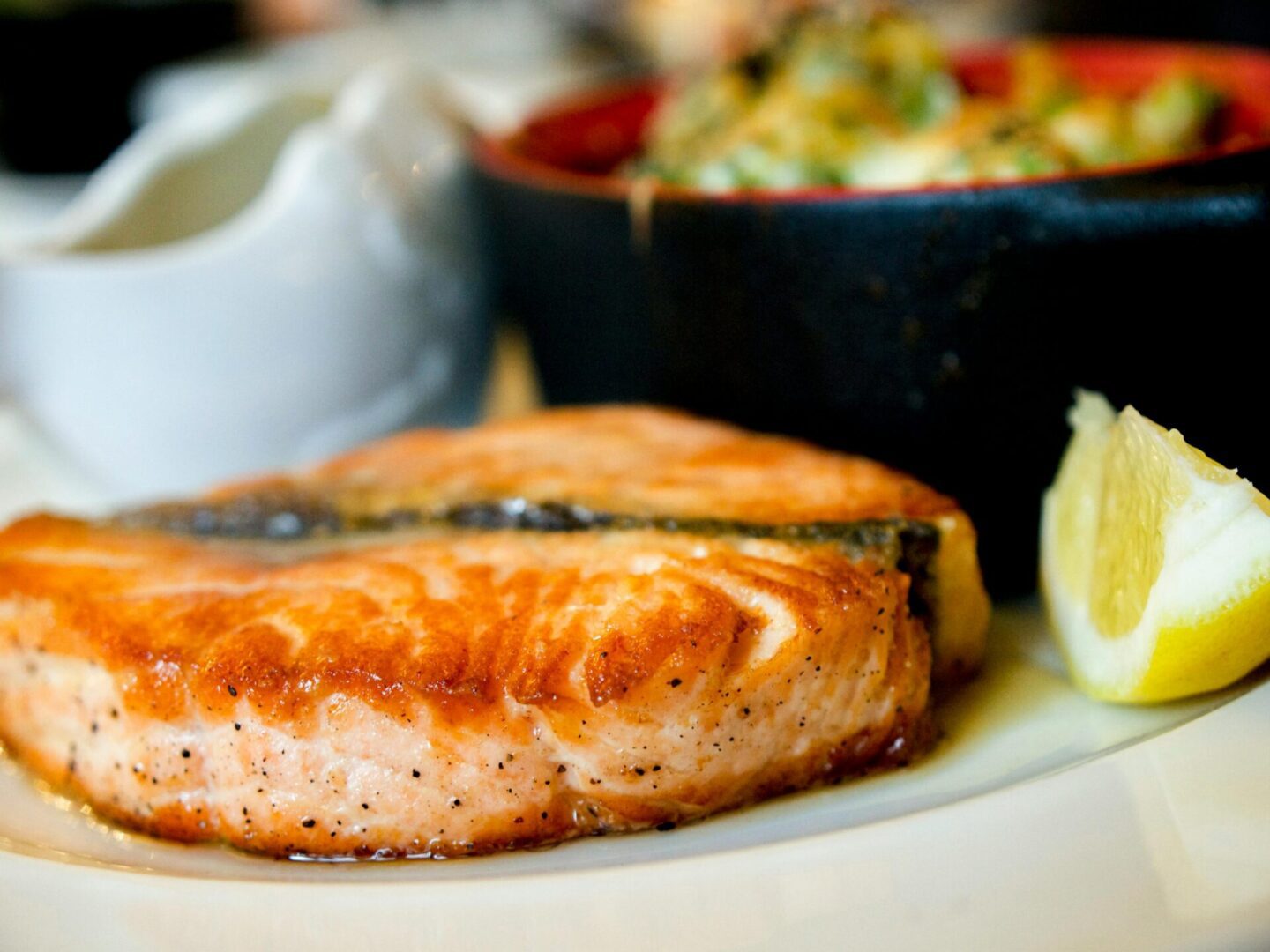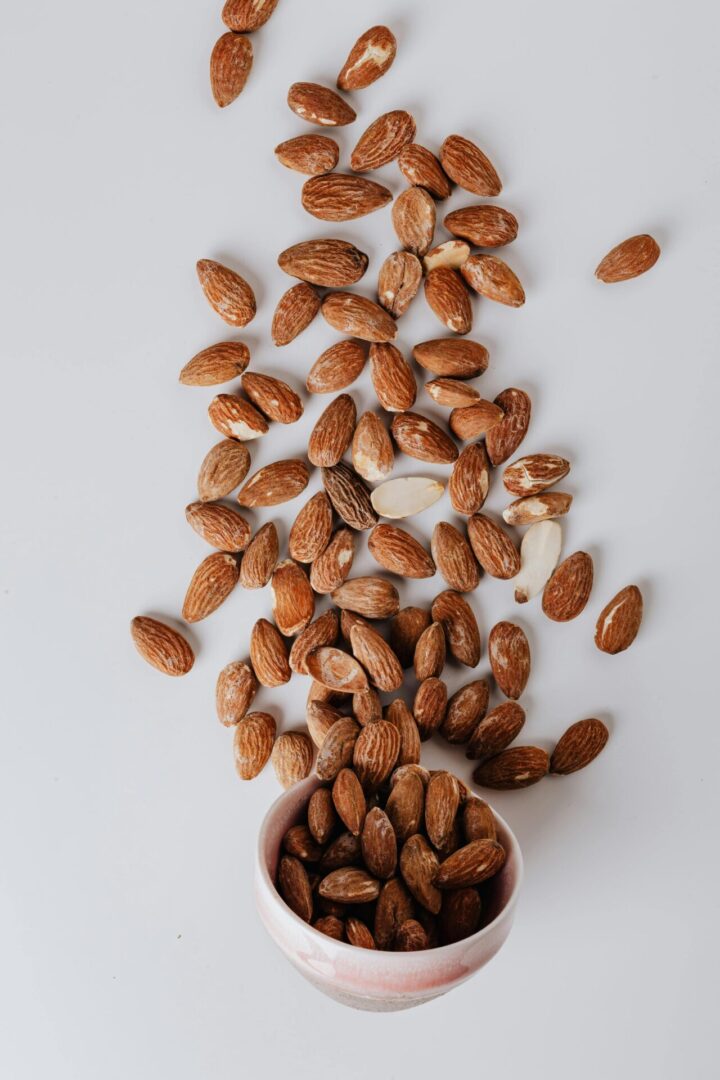Importance of Protein: What is Protein & Why is it Important? Complete Health Guide
Protein is an essential part of your diet, a macronutrient (macro = big). Your body needs protein to make hair, muscles, nails, tendons, ligaments, and other body structures. The importance of protein cannot be overstated, as it supports nearly every function in your body.
Protein is made up of amino acids, smaller particles that group together to form a protein. Think of it like baking a cake—flour, sugar, eggs, and butter combine to create something new. Similarly, amino acids combine to form proteins that your body uses.
Your body breaks down protein from food into amino acids and rebuilds the proteins it needs. There are 20 amino acids, nine of which are essential because your body cannot make them and must obtain them from your diet.
Understanding the Importance of Protein for Your Overall Health and Wellness
Why is the Importance of Protein Critical to Your Body? When you think of protein, you might picture bodybuilders trying to bulk up. While muscle building is a vital role of protein, its importance extends far beyond that. Protein provides the building blocks for many of the body’s messengers, such as those in the immune system. Without protein, your body cannot build cells that fight infection or remember past illnesses.
Hormones and neurotransmitters are also made of protein. For example, insulin—a hormone crucial for regulating blood sugar—is a protein. Digestive enzymes that break down your food are proteins, highlighting the importance of protein in nutrient absorption.
Protein also helps build muscle and tissue. Without adequate protein, your body struggles to maintain muscle mass, which affects posture, movement, and overall strength. If you exercise but don’t get enough protein, muscle repair and growth are compromised.
Importance of Protein: How to Meet Your Protein Needs for Optimal Health
How Much Protein Do You Need? The Importance of Protein Intake, The general recommendation is to multiply your weight in pounds by 0.36g to calculate your daily protein needs. For example, a 120-pound person needs about 43g of protein daily. However, the importance of protein increases during childhood, adolescence, pregnancy, lactation, intense training, and certain illnesses like cancer or AIDS.
Consuming too much protein can strain your liver and kidneys and may cause your body to use amino acids for energy instead of fat, potentially increasing body fat.
Food Sources Highlighting the Importance of Protein
Not sure where to get your protein? Here are some common foods and their protein content:
-
22g protein per filet of grilled wild-caught Alaskan salmon

8g protein per ½ cup cooked lentils
-
7g protein per ½ cup chickpeas
-
10g protein per 3 tbsp hemp seeds
-
8g protein per 3 ounces tofu
-
8g protein per ¼ cup nutritional yeast
-
13g protein per 3oz tempeh
-
10g protein per 1 cup black beans
-
7g protein per 2 tbsp peanut butter
Animal products like grass-fed red meat, pasture-raised chicken, and wild-caught salmon are complete protein sources with all essential amino acids and tend to have better nutrient profiles and less inflammatory fats.
What is a Complete Protein Source and Why is the Importance of Protein Pairing?
Complete proteins contain all nine essential amino acids. Animal products generally provide complete proteins, while many plant foods lack one or more essential amino acids. Combining different plant proteins, such as rice and beans or chickpeas and sesame seeds, can create a complete protein profile.
 Recipe to Boost Your Protein Intake
Recipe to Boost Your Protein Intake
Try this easy almond butter protein balls recipe to increase your protein intake deliciously:
Ingredients:
-
1 ¼ cups almond butter
-
½ cup maple syrup
-
1 tsp vanilla extract
-
¼ tsp salt
-
¼ cup coconut flour
-
1 ½ cups dark chocolate
-
1 tbsp coconut oil
Directions:
-
Mix almond butter, maple syrup, vanilla, and salt until combined.
-
Add coconut flour and mix well.
-
Freeze mixture for 30 minutes.
-
Shape into small balls and freeze on a tray.
-
Melt chocolate and coconut oil together.
-
Dip balls in melted chocolate and refrigerate until set.
Why Understanding the Importance of Protein is Vital for Your Health Journey
Using food to improve health and prevent disease starts with understanding nutrition. The importance of protein is fundamental to energy, muscle maintenance, immune function, and overall vitality.
Join the 6-week Nutrition 101 program hosted by Drs. Lyndsey and Alyssa to learn about nutrition, bust diet myths, and gain practical steps to improve your health through conscious food choices.



 Recipe to Boost Your Protein Intake
Recipe to Boost Your Protein Intake